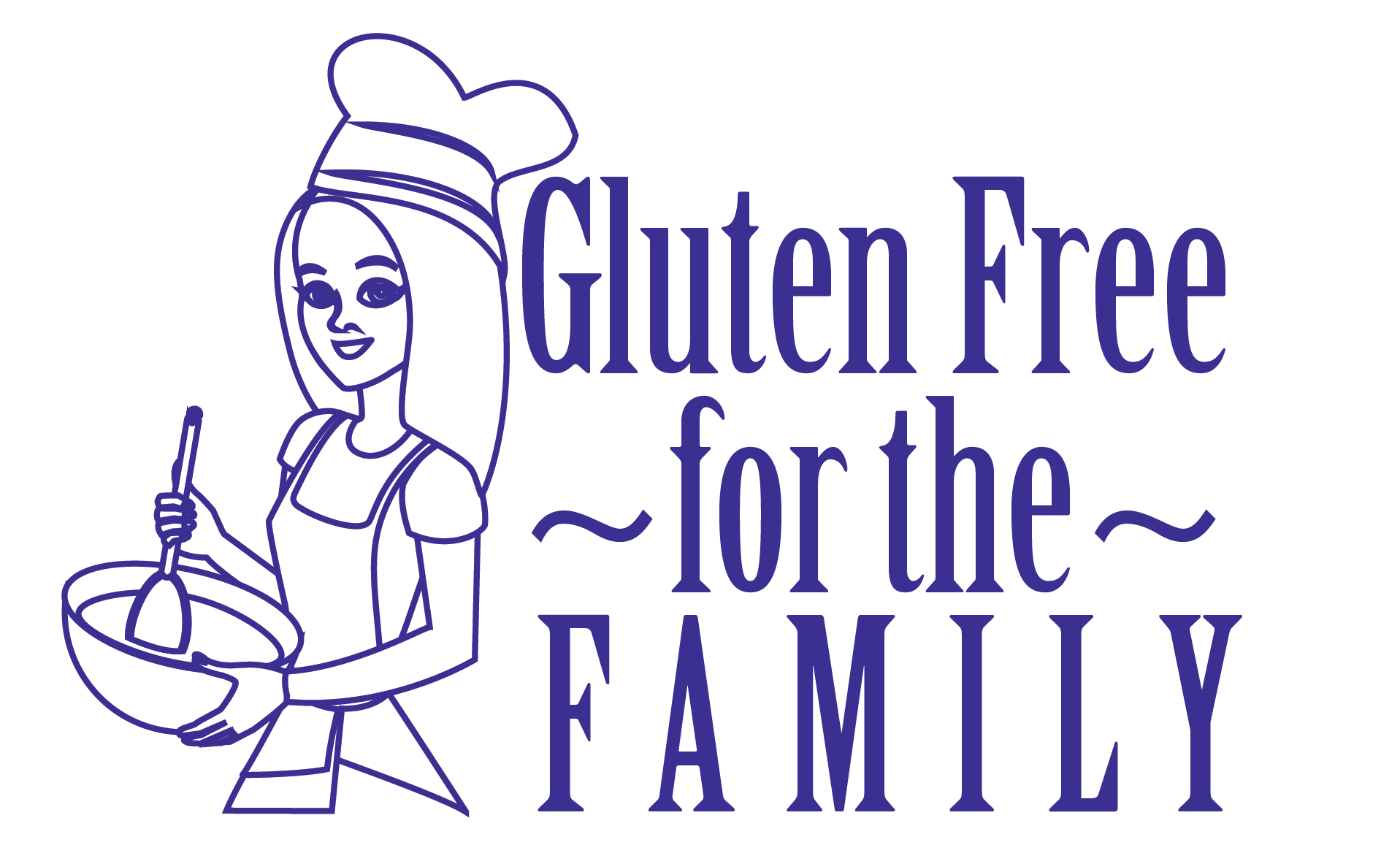With the rising popularity of the gluten free diet and the drastic improvements it causes for those who suffer from celiac disease or gluten sensitivity, it’s a wonder what else a gluten free lifestyle can help with. In order to get a clearer picture on some other common conditions that gluten may or may not help improve, we’ve done some research and laid it out for you. Here are some common conditions with a brief explanation of their connection with a gluten free diet. To read more about the condition and how it is affected by gluten click on the “read more” link and you’ll be directed to the article the information was gathered from.
Autism
“A gluten-free, casein-free diet may lead to improvements in behavior and physiological symptoms in some children diagnosed with an autism spectrum disorder (ASD), according to researchers at Penn State. Pennesi and Klein and their team found that a gluten-free, casein-free diet was more effective in improving ASD behaviors, physiological symptoms and social behaviors for those children with GI symptoms and with allergy symptoms compared to those without these symptoms. Specifically, parents noted improved GI symptoms in their children as well as increases in their children’s social behaviors, such as language production, eye contact, engagement, attention span, requesting behavior and social responsiveness, when they strictly followed a gluten-free, casein-free diet. “
Read more: http://www.sciencedaily.com/releases/2012/02/120229105128.htm
Crohn’s Disease
According to livestrong.com, “Crohn’s disease is an autoimmune disorder where your body’s immune system incorrectly decides that substances, including foods and bacteria, are foreign substances, causing inflammation and thickening of the intestinal wall. It is a type of inflammatory bowel disease characterized by flare ups alternating with symptom-free periods. Unlike celiac disease, where a specific protein, gluten, causes an immune response in Crohn’s disease, doctors have not found a specific substance that causes problems for all people with the disease.”
A gluten free diet may help in some cases, but it’s not proven to help in all cases of Crohn’s disease.
Read more: http://www.livestrong.com/article/457759-can-a-gluten-free-diet-help-crohns-disease/#ixzz2Yrw2Edm9
Eczema
“Eczema is an itchy, scaly skin rash that occurs commonly in children but also occurs in adults.”
Researchers have found that, “eczema occurs about three times more frequently in celiac disease patients and about two times more frequently in relatives of celiac disease patients, potentially indicating a genetic link between the two conditions.
It’s possible that a strict wheat-free or gluten-free diet could help treat some cases of eczema — both in celiac disease patients and in patients who haven’t been diagnosed with celiac but who may have non-celiac gluten sensitivity.”
Hashimoto
According to Dr. Datis Kharrazian of thyroidbook.com, “In my experience, most Hashimoto’s patients fall somewhere between gluten sensitivity and celiac disease. Nevertheless, almost all patients with Hashimoto’s improve on a strict gluten-free diet, even if they do not fit the established criteria of celiac disease. By strict I mean you are 100 percent gluten-free. Because the immune reaction to gluten has been shown to last up to six months after exposure, cheat days or occasionally eating gluten will derail the therapeutic benefits of a gluten-free diet.”
Read more: http://thyroidbook.com/blog/tag/hashimotos/
Irritable Bowel Syndrome
“Will a gluten-free diet work for me and my IBS symptoms? Yes possibly. Patients with diarrhea predominant IBS (IBS-D) appear to notice the best results.
Recently researchers at Mayo Clinic randomly assigned 45 patients with IBS-D to either a gluten-free diet or gluten containing diet and monitored stool frequency and consistency. Patients on the gluten-free diet experienced significantly less frequent bowel movements vs. patients on the regular diet. These findings suggest that gluten-free diet can decrease diarrhea in patients with IBS-D. There may be other types of IBS that benefit as well. Research suggests that gluten may be a possible IBS trigger and a gluten-free diet may help reduce abdominal pain and bloating.”
Read more: http://cprgi.org/blog/gluten-free-diets-in-ibs-help-or-hype/#refs6
Psoriasis
Psoriasis is, “a chronic, autoimmune disease that appears on the skin. It occurs when the immune system sends out faulty signals that speed up the growth cycle of skin cells.”
While there is no scientific evidence to show that eating gluten free helps with the symptoms, it is believed, “in some cases, eliminating gluten—a complex protein found in wheat, barley and rye—does seem to help reduce psoriasis. In a smaller number of cases, eliminating gluten can lead to dramatic improvements.”
“Some experts suspect that psoriasis, also an autoimmune disorder, may share a connection to celiac disease. Other experts believe that the two conditions are not necessarily directly connected, but rather that a subset of people with psoriasis also happen to have celiac disease or gluten intolerance as well. In either case, for these people, eliminating gluten from their diet would be recommended and could help reduce symptoms of both conditions.”
Read more: http://www.psoriasis.org/about-psoriasis/treatments/alternative/gluten-free-diet
